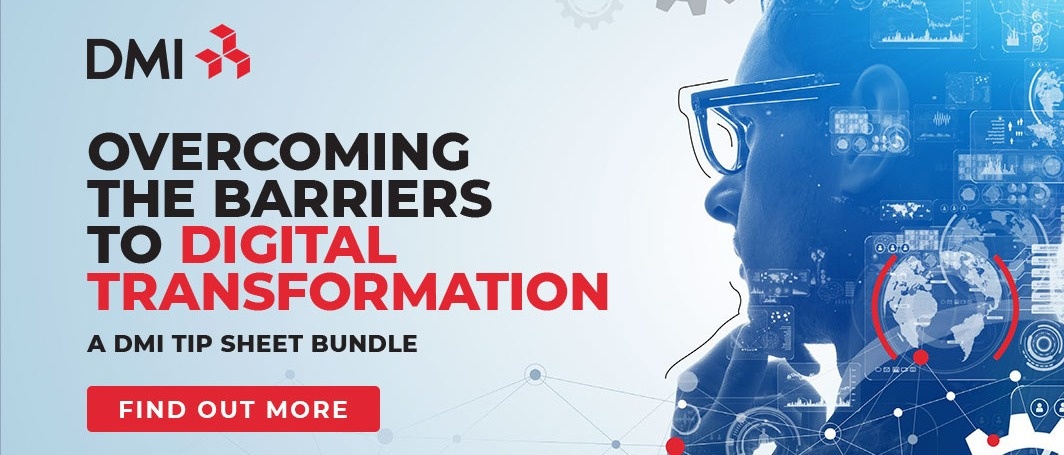
Making the Case for Transformation: The Dangers of Lagging Technology in State Agencies
At its core, digital transformation is the process of integrating forward-thinking technology into all areas of an organization — something that brings with it a host of unique benefits.
For starters, digital transformation is an excellent way to improve efficiency. It allows employees to leverage modern technology to work smarter, not harder, thus saving time, money, and resources in the process. It's also an ideal way to increase transparency. Organizational leaders can better understand the current processes of their employees and where certain inefficiencies may exist, allowing them to do something about them as quickly as possible.
While it's true that much of the discussion of digital transformation is usually centered around private businesses, it's a process that can truly benefit an organization like a state government, too. It's arguably more important within this context as it directly impacts the hardworking people who live and work in a particular community.
Why Digital Transformation Matters
One of the reasons why it's so critical for state agencies to take a proactive approach to digital transformation has to do with just how quickly the technology landscape is changing in the first place.
It's long been an issue that technology and related services are evolving so rapidly that it's difficult to draft and implement laws designed to protect consumers. Issues surrounding data privacy are commonplace.
In January of 2020, for example, California instituted the CCPA or "California Consumer Privacy Act" in an attempt to better define what is legal and what isn't in terms of data privacy. Unfortunately, this legislation quickly proved to be confusing at best and inadequate at worst.
Facial recognition technology is another great example. On your average smartphone, the technology can be used to authenticate someone's identity to give them access to the device and to prevent others from doing the same. But in the context of a state government, it brings with it issues of how it might be used in terms of surveillance by local law enforcement.
A digital transformation project not only helps agencies serve their constituents but can also help them ensure they’re not lagging.
Digital transformation for state agencies should always be constructed based on the actual needs and preferences of the people who live in their jurisdiction. Technologies like facial recognition in public services cannot be instituted simply for the sake of it, or it simply creates a situation where many of the issues like those outlined above become a foregone conclusion.
Another reason why it's so dangerous for state agencies to use lagging technology has to do with a negative ripple effect. In the short term, it creates bureaucratic bottlenecks almost everywhere. The people who need access to certain services to better live their lives don't have it, creating a poor experience for all involved.
But in a larger sense, it also creates needless inefficiencies for the organizations that are regulated by state agencies. In a lot of areas, certain types of businesses have to report information to state agencies as a part of their daily operations. If one such agency is up-to-date with modern platforms and another is still using technology from a decade ago, it creates a lack of consistency that gives way to human error. Those businesses now have to spend time inputting the same information in entirely different formats, which only raises their costs and wastes their time, as well.
Not only that but there are also local governments out there that still require businesses to report data by way of paper reports. Not only does this further delay that data getting into the hands of the people who need it most, but it opens the door to a plethora of other issues.
As opposed to a file on a secure server, a paper form is often difficult to find and easy to lose. People spend so much time in a day looking for information that they have less time to act on it, which poses significant problems.
Conclusion
In the end, digital transformation for state agencies is no longer a recommendation; it's officially a requirement. Even the communication and collaboration benefits alone would make the effort more than worth it, to say nothing of how it can help meaningfully improve the lives of citizens in our communities. Contact us to begin your journey to efficiency by utilizing digital transformation.
